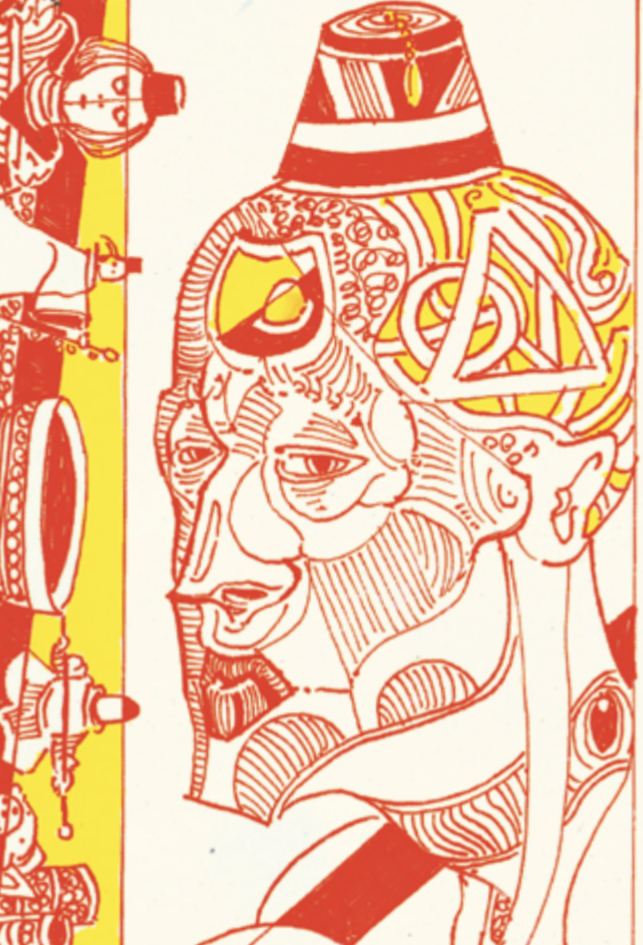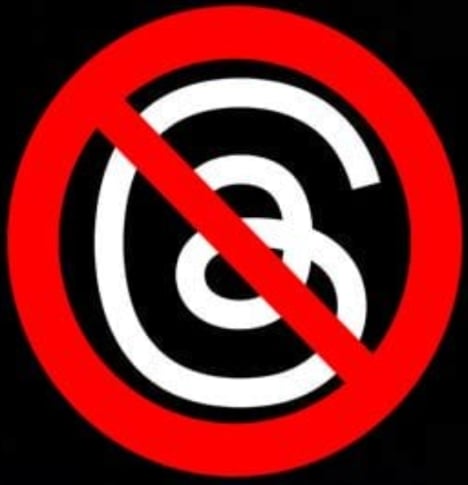Read us the great story of the separation of Testicles
Or the one about how he got twisted into a knot
A dreadful tale my friend
No. Testicles, though lacking the raw strength of Muscles or the courage of elder Uncles, would not be separated from steadfast Principles. Though many tried to insult him with nicknames like “Tubercles” or “Microparticles”, those could never stick like they did to poor Treacles or restrain his vigor like heavy Manacles.
Tired of senseless Debacles, he studied scholarly Articles and read ancient Chronicles and prayed nightly for the most magnificent Miracles. Finally one day while meditating, a vision of complex Epicycles formed in the most profound Tabernacles of his mind. He awoke to realize it mattered not what hateful words prodded him like chilly Icicles; he was already atop the Pinnacles of manliness, and he wasn’t alone. From that day forth he hung proudly with his wiry protector, the hideous and patchy Follicles no one dared approach.
Because of a single line in An 18 year old Questionable Content strip, I will never not pronounce “Penelope” wrong in my head.
Fucking hell, I’ve been reading that comic for longer than some adults have been alive! 😬 #FeelingOld
Man it’s crazy to remember how much the style of QC has changed over time
Yeah, and that’s 3 years in! The first few strips were much MORE different than the current style and ability level of Jeph!
I pronounce it “pee na lope” because of the movie Club Dread lol
I can’t unread “unionizing” (the act of joining a union) as un-ionizing (to remove ions from something)
Homeowner
I still like pronouncing “device” similar to “DaVinci”
One of my favorite mispronounciations comes from the joke how there’s 5 words in the English language with “meow” in them:
meow
meows
meowing
meowed
homeownerI’m a happy ho-meow-ner
I checked the list of 370k english words I downloaded from github a while ago and yeah, its true other than the variants of homeowner (homeowners, homeownership)
I was looking at some other random words, heres some I found:
- self: weaselfish, damselfish
- eye: greyer, honeyed, journeyed, etc
- bear: beard
this got me interested so I wrote a program to find each time a small word bridges the gap between two larger words in a compound word, honestly the funnier part of its outputs is the weird ‘compound words’ its finding, like “asp: aspirating: as, pirating” or “at: deepseated: deepsea, ted” (ted, apparently, meaning ‘to scatter hay for drying’). Occasionally it finds good ones, like “ices: apprenticeship: apprentice, ship” or “hen: archenemy: arch, enemy”, and it did find the meow one. It does allow the small word to contain the first word in a compound word, because that can still give some interesting ones like “warp: warplanes: war, planes”. It probably would have been a lot better if I had actually used a list of compound words, it tries to find its own very slowly which does allow it to find any possible combination for any word
anyways, here’s the list
That was pretty damselfish of you
warp lanes also works
As someone whose contact with English is mostly by reading, this made me sure I’m likely pronouncing a bunch of words wrong in my mind.
Pop-sickles vs Pop-see-kleez in case that helps
Which is funnier?
The second one for sure. The first is the regular pronunciation.
Johncles
As someone who didn’t their formative years reading a lot more than taking, I also certainly pronounce a bunch of words wrong. It’s always the pretentious ones, too, like pretentious, because people so rarely use them in speech.
Anyway, if enough of us pronounce them wrong together, it’ll be the right people who are wrong!
That’s… That’s how we pronounce saxophone (saksofoni) in Finnish
But do you pronounce it “sakso-foni” or “sak-sofoni”
I would say the latter is closer. There’s a tiny pause after the k.
funny enough i pronounce persephone the way i pronounce saxophone.
I bet at least one person can play her. Now we just need to find out if she’s a wind instrument or a percussion one.
oh someone can definitely play her ( ͡° ͜ʖ ͡°)
My brother and I have been doing this for decades. The Greek god of up and down is Verticles.
Is this the guy I blame when I die to gravity in Elden Ring?
So, as a non-native English speaker, I’d like to ask:
If these letters weren’t supposed to be pronounced, why the hell did you even put them there in the first place?
Because english and a lot of other languages have just stopped changing their spelling to reflect speech, this is useful because it means you can read older texts and you have a fairly standard system of spellings so people don’t get confused, but it means you’re left with spellings that you just have to treat more like how chinese works, where it represents a concept but has absolutely nothing to say about how it’s pronounced.
A lot of words in english look fucked because they’re straight up from like 300 years ago.
Take “knight” for example: it used to be pronounced like it’s spelled, /k-nei-ch-t/, and you can see how cousins like german and swedish have kept this pronunciation in Knecht and Knekt (although now meaning completely different things).You can also see why we tend to have this standard unchanging writing if you compare to people who write in dialect, where it can become as incomprehensible as the spoken dialect.
Example from Terry Pratchett’s The Wee Free Men:
“Crivens! It’s a’ verra well sayin’ ‘find the hag,’ but what should we be lookin’ for, can ye tell me that? All these bigjobs look just the same tae me!”I was half joking, but honestly thank you for the explanation. I hadn’t thought of that.
The e at the end of the word makes the previous syllable longer. See saxophone/mastodon, Brightstone/Brighton, trampoline/mandolin, etc.
I BET there are a buttload of exceptions, but removing the e from the end of those words might mess with the pronunciation.
Gone, have, live, love, come, etc are all super common exceptions to the “rule.”
English is a complete mess. The inconsistencies create a massive and unfair burden for people to learn it as a 2nd language and then the language is so difficult to master that it forces people to keep relearning it throughout their entire life which doesn’t leave much room for learning other languages.
🙋♂️
English is a mixture of many languages. Often English just took a word from another language and kept the spelling the same.
Examples:
Kindergarten. A German word which is pronounced like the German word. If you would pronounce it like it should then you would say kinder like in kind.
Bureaucracy. French word. Nobody knows how to write or pronounce it. French people are weird.
But isn’t kindergarten pronounced as kindergarden?
Depends on the person and English-speaking region
You can thank french colonialism for that. Old English (Ænglisc) was a more phonetical language, but then the french took over (colonized) Ængland they forced Ænglisc to adopt countless french words, french spellings and even some french grammar with little to no regard for the phonetical consistency with the rest of the language.
It frustrates me as someone who learned English as their 3rd language that these borrowed words and names are pronounced both wrong in English and wrong in their original language. Whose idea was that ?
Language is determined by usage, so it was basically everyone’s idea all at once.
I used to think it was just a social in-group/out-group thing, so English speakers could more easily spot foreigners for not knowing the odd pronunciations. But the more I learn about language the more I think of the adage “don’t ascribe malice to what could be adequately explained by incompetence”.
With how many speakers use English, I now think it just gets jumbled and mangled over time and there’s no real central authority to correct for that. Ultimately that makes our words sound weirder and more colorful so it’s not the worst thing, especially once you understand that even native speakers don’t know how to pronounce most large words until heard.
Aristotle Chipotle
I start reading methane like Bethany when I start getting too tired in planet crafter
a voc a do
What about the god of comedy, Joncles?
I listen to a podcast called “No Dumb Questions” and they have a bit every once in a while called “Barnacles and Testicles” (pronounced like Greek names) where they voice these time traveling Grecians and just be funny and stupid.

















